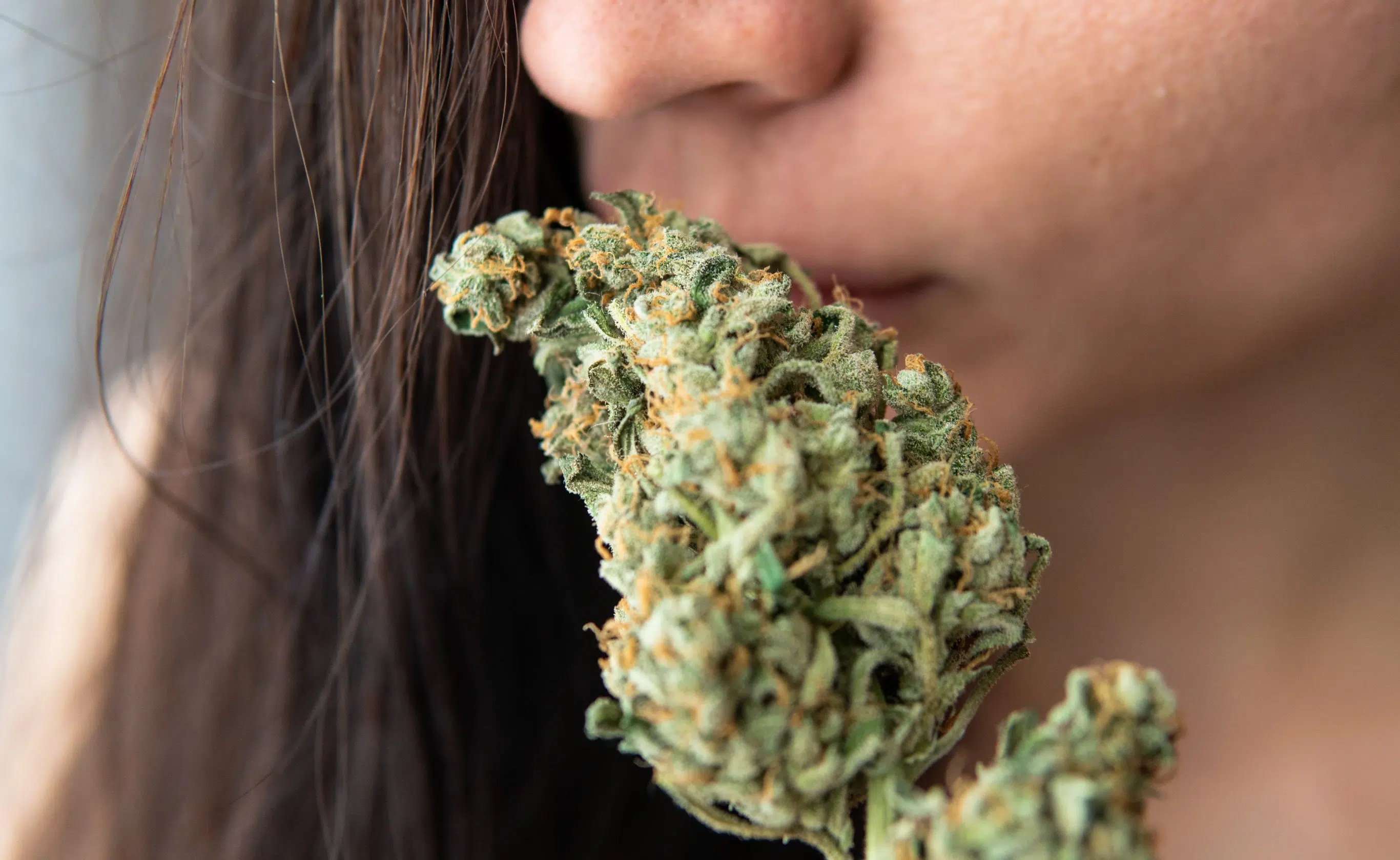
Cannabis continues to be used in treatment of women health issues
While many think the use of cannabis for treatment of some women’s health issues, such as menstrual cramps or menopause symptoms is a new concept, research has shown that it was used throughout history dating back to 1550 BC, according to medical textbooks found in ancient Egypt.
Women used it as an ointment, along with other tinctures locally, to help with delivery and for depression.
During the reign of Queen Victoria, her personal physician, Sir John Russell Reynolds, is said to have made use of an alcoholic extract of the cannabis plant. It’s unknown if Queen Victoria ever used the concunction herself (she had nine children), but it was widely used in England at that time, added to tea, for example, as a source of pain relief.
In recent years, some research has been done to prove the effect of CBD on some of the health issues women complain about– such as menstrual cramps and menopause.

